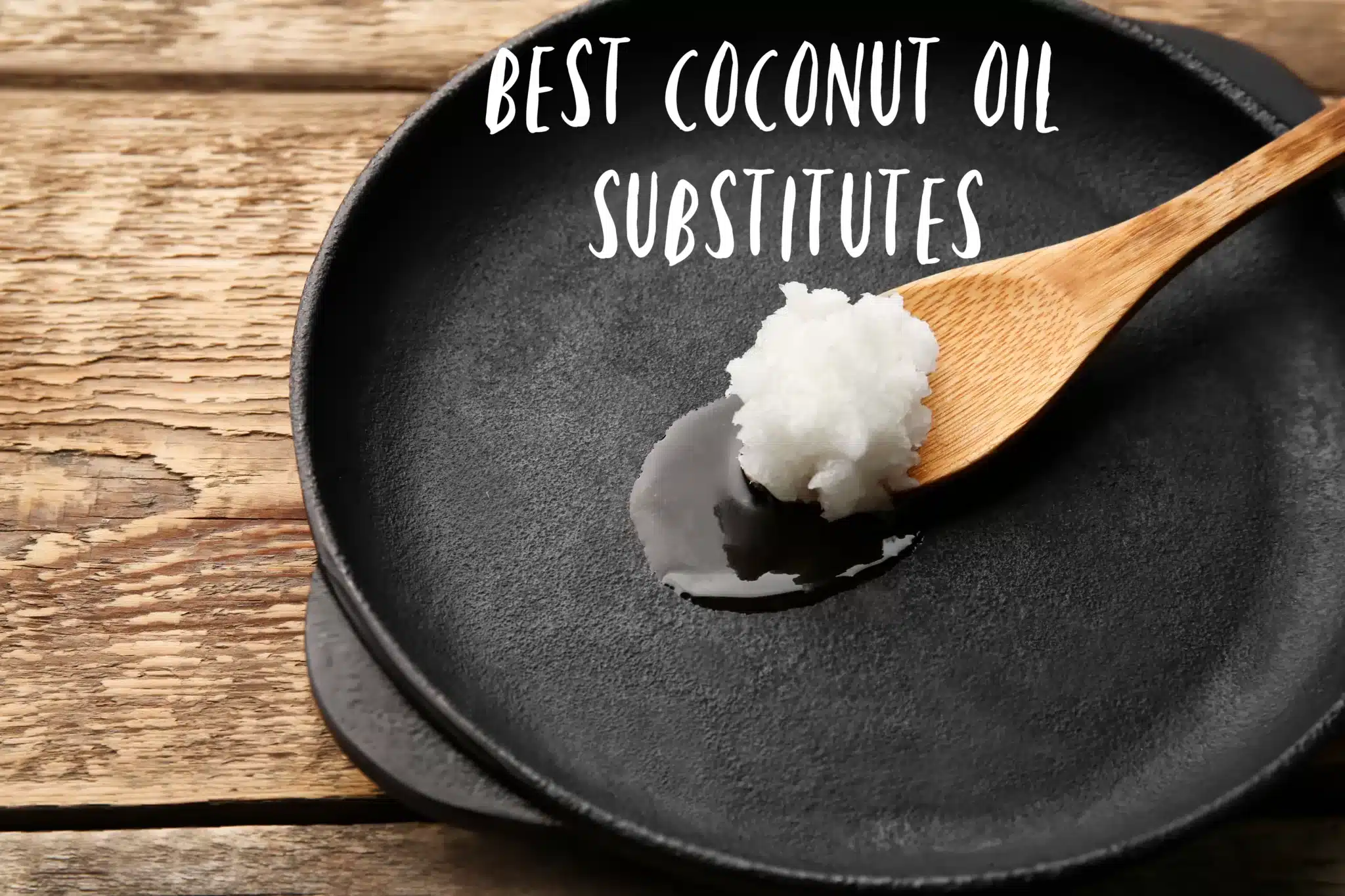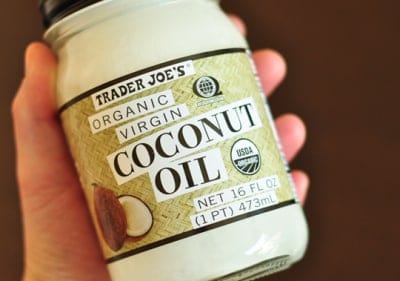Are you looking to substitute coconut oil? Whether you’re allergic to coconuts, following a specific diet, or simply ran out of this versatile ingredient, there are plenty of alternatives that can provide similar benefits and flavors.
In this article, we’ll explore five fantastic substitutes for coconut oil, answer some frequently asked questions, and help you find the perfect replacement for your culinary needs.
1. Olive Oil
Olive oil is a popular and widely available substitute for coconut oil. It offers a similar richness and smoothness to your dishes, making it an excellent choice for baking, sautéing, and even frying. Additionally, olive oil is packed with heart-healthy monounsaturated fats and antioxidants, making it a healthier alternative to coconut oil.
When using olive oil as a substitute, keep in mind that it has a distinct flavor that may alter the taste of your dish. Extra virgin olive oil has a stronger taste, while light olive oil has a milder flavor. Choose the type that best complements your recipe.
2. Avocado Oil
Avocado oil is another fantastic substitute for coconut oil. It has a high smoke point, making it suitable for high-heat cooking methods like frying and grilling. Avocado oil is rich in monounsaturated fats, which can help reduce inflammation and improve heart health.
One of the advantages of using avocado oil is its neutral flavor, which won’t overpower the taste of your dishes. It’s an excellent choice for those who prefer a more subtle oil taste or want to maintain the original flavors of their recipes.

3. Ghee
Ghee, also known as clarified butter, is a popular ingredient in Indian cuisine and can be a great substitute for coconut oil. It has a rich, nutty flavor and a high smoke point, making it suitable for cooking at high temperatures.
While ghee is derived from dairy, it is lactose-free and often well-tolerated by individuals with lactose intolerance. However, if you have a severe dairy allergy, it’s best to avoid ghee and opt for a non-dairy alternative.
4. Almond Oil
If you’re looking for a substitute for coconut oil in baking, almond oil is an excellent choice. It has a mild, slightly sweet flavor that pairs well with a variety of baked goods, from cookies to cakes.
Almond oil is rich in vitamin E and monounsaturated fats, which can help promote healthy skin and reduce inflammation. It’s important to note that almond oil has a lower smoke point compared to other substitutes mentioned, so it’s best used for low to medium-heat cooking or as a finishing oil.
5. Sunflower Oil
Sunflower oil is a versatile and widely available substitute for coconut oil. It has a neutral flavor and a high smoke point, making it suitable for various cooking methods, including frying, sautéing, and baking.
Rich in vitamin E and low in saturated fats, sunflower oil is a healthier alternative to coconut oil. It can help lower cholesterol levels and reduce the risk of heart disease when used in moderation.
FAQs on Substitute Coconut Oil
Q: Can I use butter as a substitute for coconut oil?
- Yes, butter can be used as a substitute for the oil in certain recipes. However, keep in mind that butter has a different flavor and consistency, which may affect the final outcome of your dish.
Q: Is there a substitute for coconut oil in skincare products?
- Absolutely! Many oils, such as jojoba oil, argan oil, and shea butter, can be used as substitutes for coconut oil in skincare products. These alternatives offer similar moisturizing and nourishing properties for your skin.
Q: Can I substitute coconut oil with vegetable oil?
- Yes, vegetable oil can be used as a substitute for coconut oil in certain recipes. However, keep in mind that vegetable oil has a milder flavor and may not provide the same richness and aroma as coconut oil.
Q: What is the best substitute for coconut oil in vegan recipes?
- For vegan recipes, you can use plant-based oils like avocado oil, olive oil, or even vegan butter as substitutes for coconut oil. These alternatives will provide similar texture and flavor to your dishes.
Q: Can I substitute coconut oil with canola oil?
- Yes, canola oil can be used as a substitute for coconut oil in certain recipes. However, keep in mind that canola oil has a neutral flavor and may not add the same depth of taste as coconut oil.
Conclusion
When it comes to finding a substitute for coconut oil, you have plenty of options to choose from. Whether you’re looking for a healthier alternative, a neutral-flavored oil, or a specific ingredient for your dietary needs, there’s a substitute that can meet your requirements.
Remember to consider the flavor, smoke point, and nutritional benefits of each substitute before making your choice. Experiment with different options to find the perfect alternative that suits your taste and cooking style.
So, the next time you run out of coconut oil or need to avoid it for any reason, don’t worry! You now have a range of substitutes at your disposal to keep your recipes delicious and your cooking adventures thriving.
Fun Fact: Did you know that coconut oil has been used for centuries in traditional medicine and skincare? It’s been praised for its moisturizing properties and is a staple ingredient in many natural beauty products.
Originally posted 2023-02-13 20:13:36.

